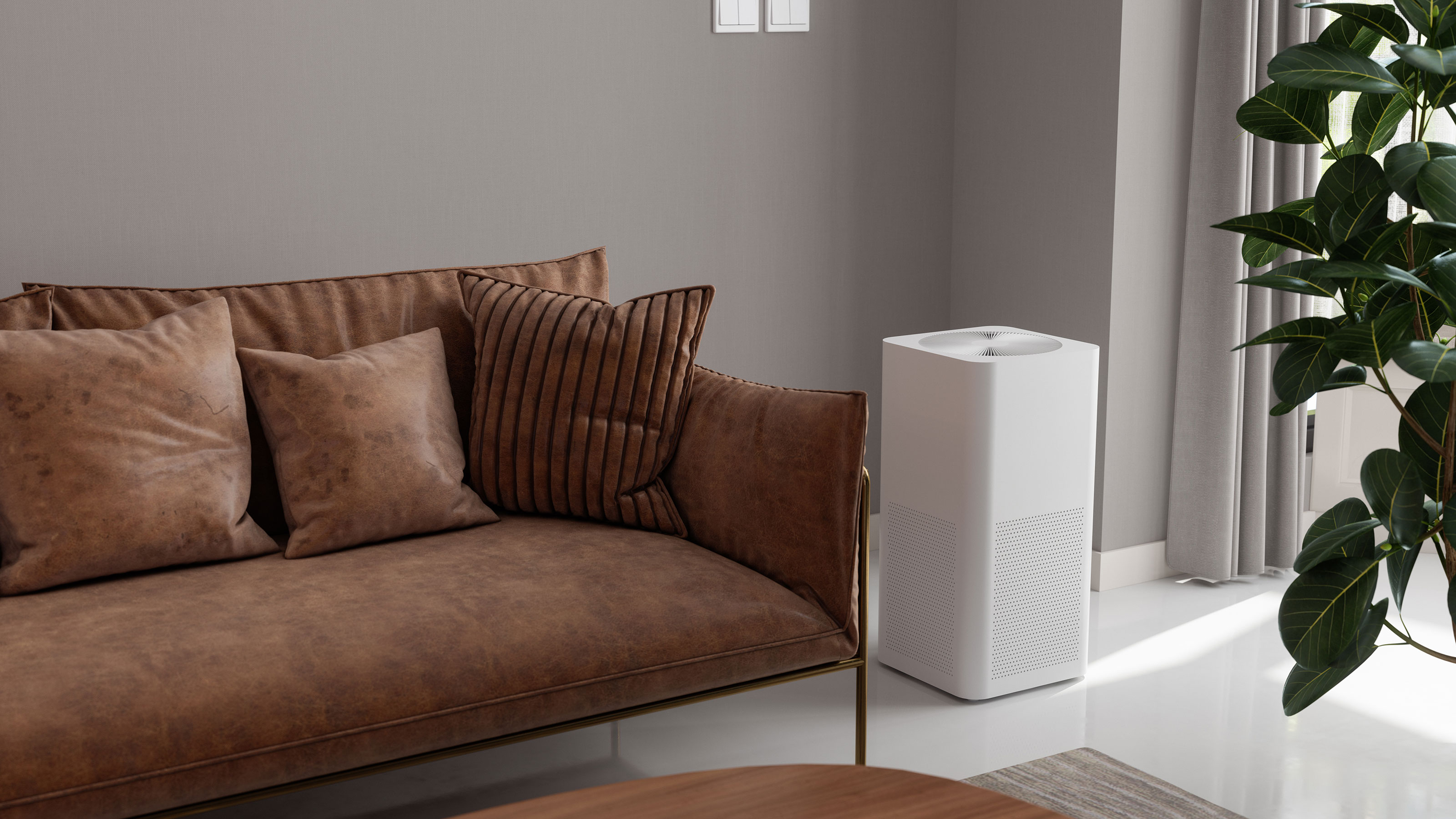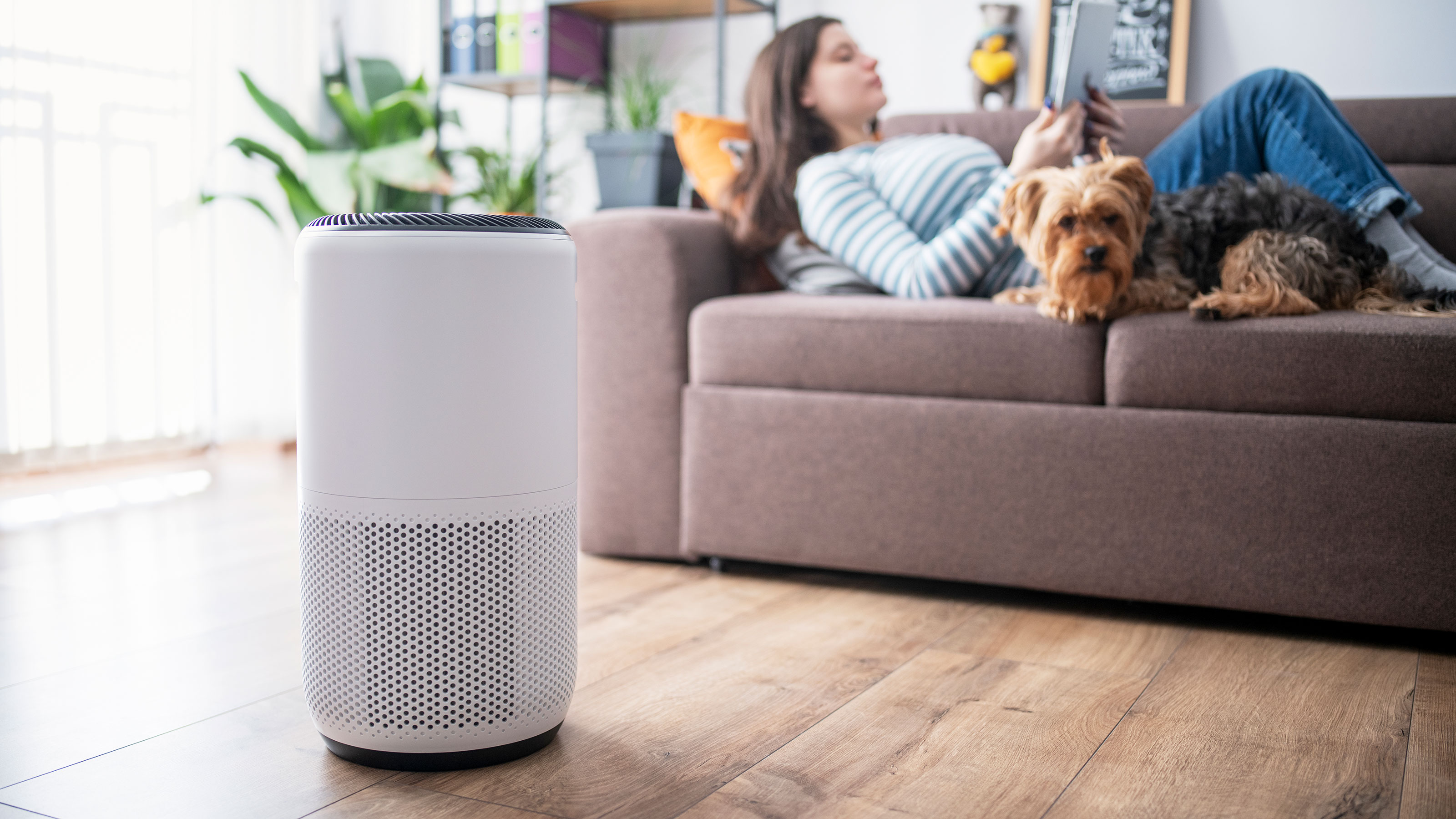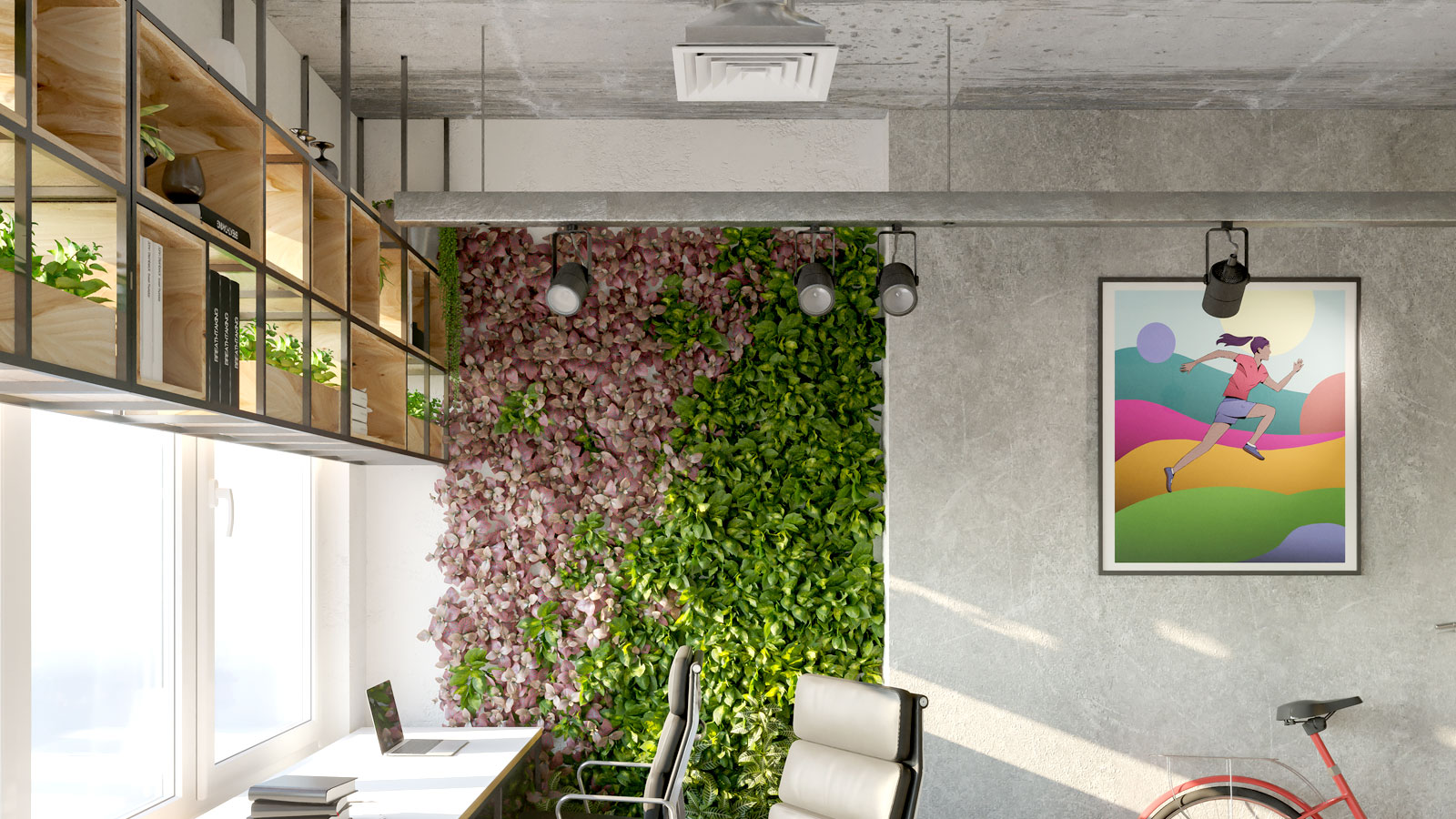What Does an Air Purifier do? Plus, Your Questions Answered
Bringing benefits for home air quality and our health, what does an air purifier do and how do they work? Find out with our quick guide

If you’re thinking of purchasing an air purifier then a key question to ask is ‘what does an air purifier do?’ The answer, in short, is that it does a lot of good work to improve your home’s indoor air quality.
Ensuring healthy home ventilation is essential to protect occupants’ health, and one of the key benefits of air purifiers is that it can reduce the risk of households being exposed to harmful dust, allergens and pollen.
Here’s everything you need to know about air purifiers including how they work, what types are available, and the benefits of using one in your home.
What Does an Air Purifier do?
Air purifiers are portable cleaning devices which remove particles and contaminants from the air in your home, helping to improve your indoor air quality.
Air purifiers contain a fan that sucks air into one or more filters. These filters capture and neutralise contaminants - like dust, bacteria, dander, viruses and odours - before releasing the sanitised air back into the room. Air is continually circulated through the fan to filter out pollutants and improve indoor air quality.
Benefits of Using an Air Purifier
Air purifiers refresh stale air and remove potentially harmful allergens from indoor spaces. This reduces the risk of developing health conditions caused by indoor pollutants such as respiratory infections.
A 2015 study published in the NCBI revealed that air filters reduced indoor fine particle concentrations by 60%, and experts at Healthline suggest that air purifiers can also help to ease the symptoms of asthma.
How Effective are Air Purifiers?
Air purifiers containing High Efficiency Particulate Air (HEPA) filter technology are designed to remove a minimum of 99.7% or more of particles from the air in your home. These high quality purifiers can also help to prevent common household issues like damp and mould.
Emily Griffin, an expert at North West Heating Solutions, says: “Condensation can become worse as the air temperature drops and rises within your home. Air purifiers can’t help with any mould or mildew that already exists, however, they can help to prevent it from spreading to other surfaces."

What Types of Air Purifiers are Available?
There is a wide variety of air purifiers on the market today:
- HEPA air purifiers - The aforementioned HEPA air purifiers claim to remove 99.7% of all particles larger than 0.2 microns from the air in your home. HEPA purifiers remove a wide range of particles and pollutants from the air including pollen, dust and mould
- UV air purifiers - UV purifiers use ultraviolet light technology to remove potentially harmful pollutants, viruses, and bacteria from your living environment
- Absorbent air purifiers - Absorbent purifiers contain materials that trap odours and other gaseous pollutants that may be floating around your home
- Activated carbon purifiers - Activated carbon filters are most effective at removing odours, smoke and gasses from the air inside your home.
Which Air Purifiers Are Best for Your Home?
Choosing the best air purifier will depend on your home’s requirements, such as whether you're recently finished renovating a house or moved into a new build home. It’s best to have an air purifier in the rooms where you spend the most time, but you don’t need one in every room.
A UV air purifier is going to be best for a living room, and for large families with children, because it helps to remove viruses and bacteria.
An activated carbon purifier would be ideal for anyone who lives in urban areas because it will help keep your home free from potentially harmful gasses that come from cars and other buildings. Again, keep this in the room where you spend the most time, such as the living room.
A HEPA filter is great for older homes as it captures a wide range of particles from mould spores, dust mites and pollen.
Experts at The Property Centre say: “If you move into a new build home or perhaps have renovated your property, you’ll most likely find that there’s a lot of dust particles. This can be potentially damaging to your health, so it’s highly recommended to buy a high-end air filter. If you’re on a budget, rubber plants and spider plants can act as naturally good air filters too.”
How Much do Air Purifiers Cost?
The cost of an air purifier will vary depending on the make and model that you buy. According to airpurifier.co.uk, a cheap air purifier will generally cost between £45 and £100.
However, you can expect to pay up to £450 if you want an efficient air purifier with more than one purifying function.
Get the Homebuilding & Renovating Newsletter
Bring your dream home to life with expert advice, how to guides and design inspiration. Sign up for our newsletter and get two free tickets to a Homebuilding & Renovating Show near you.

Rosie is a freelance writer who has recently graduated with a degree in English Language. Rosie has a passion for all things lifestyle and travel, which she channels into her writing. In her spare time, Rosie can be found in the countryside walking her dog, or making her way through her bookshelf!
